The online world has opened up a free space for millions of people to create, communicate and express themselves. But it is also there that fame can become an "illusion", when some people give themselves the right to judge and lead public opinion beyond the limits of ethics and law. SGGP reporter had an interview with Associate Professor Dr. Nguyen Viet Thong, former General Secretary and Standing Member of the Central Theoretical Council, about the story of "celebrities" in the digital age, behavioral culture in cyberspace and the responsibility to maintain "the people's hearts" in the new media era.
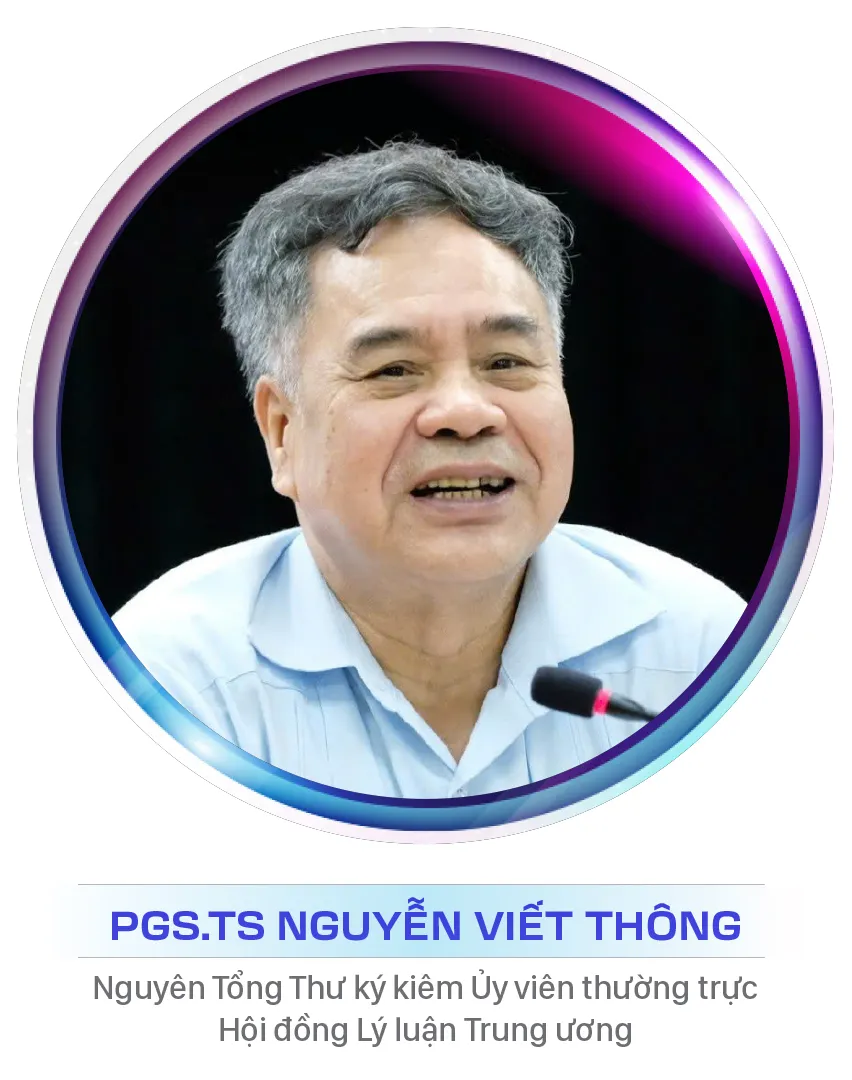
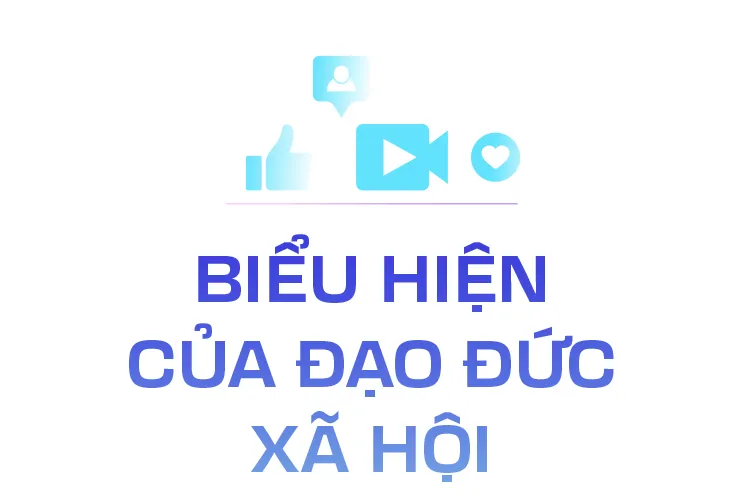
*REPORTER: Sir, many people nowadays think that just having a large number of followers on social networks makes them "famous". What do you think about this concept?
- Assoc. Prof. Dr. NGUYEN VIET THONG: In my opinion, first of all, we must clearly distinguish who a "famous person" is. A true celebrity must possess virtue, talent, and positive social influence. There are people who were once famous, are still famous now, and will forever be respected by society, because they have virtue, personality, and true dedication. But there are also people who were once talented and virtuous, but when they fell into individualism and lost their purity, they also lost their "famous" in the true sense of the word. They consider themselves superior to others, give themselves the right to judge, lead public opinion, and even go beyond the limits of ethics and the law. There are also cases where people were previously famous in a bad way, but later learned to correct themselves, and became "famous" in a positive way. And of course, there is another type, famous in a bad sense from the beginning: famous for breaking the law, for causing harm to society… These cases cannot be considered true celebrities. Therefore, when we say “celebrity”, we should put it in quotation marks, because not everyone with many followers deserves that title. True fame must go hand in hand with personal values and contributions to the community.

*What do you think about the behavioral culture of "celebrities" on social networks today?
- Behavioral culture is a field belonging to the category of social ethics, and social ethics is the standard of Vietnamese people. Uncle Ho once said: "If you have virtue but no talent, it will be difficult to do anything. If you have talent but no virtue, you are useless." Virtue and talent must go together. General Secretary To Lam recently also emphasized: people need virtue, talent and health. And the late General Secretary Nguyen Phu Trong, at the National Cultural Conference, proposed 8 values of Vietnamese people: patriotism, solidarity, self-reliance, loyalty, honesty, responsibility, discipline and creativity. Thus, building a behavioral culture on cyberspace is not only a matter of communication skills, but also a part of building Vietnamese people in the new era. When some individuals take advantage of social networks to judge, defame or manipulate public opinion in a distorted direction, it is not only a violation of the law, but also a degradation of morality and personality.
We must place behavioral culture in the overall process of building a system of Vietnamese human values, with virtue, talent, and responsibility, so that each statement on the internet does not harm society but contributes to spreading good things.
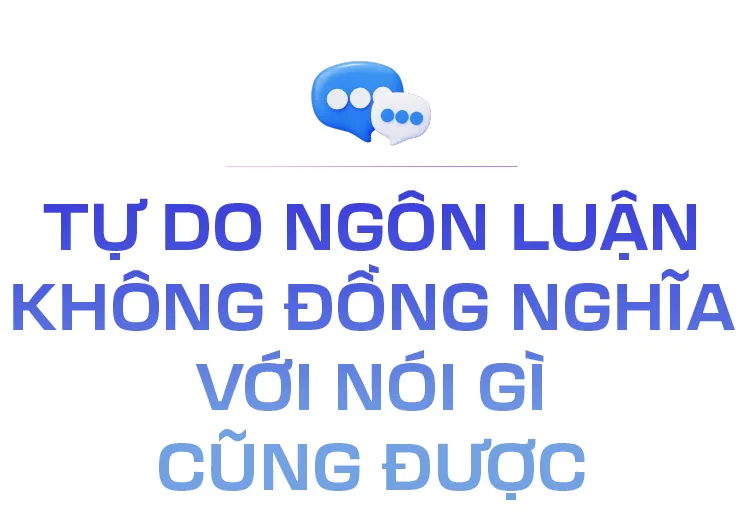
*In the context of information explosion and the development of artificial intelligence, how do you view freedom of speech and civic responsibility online?
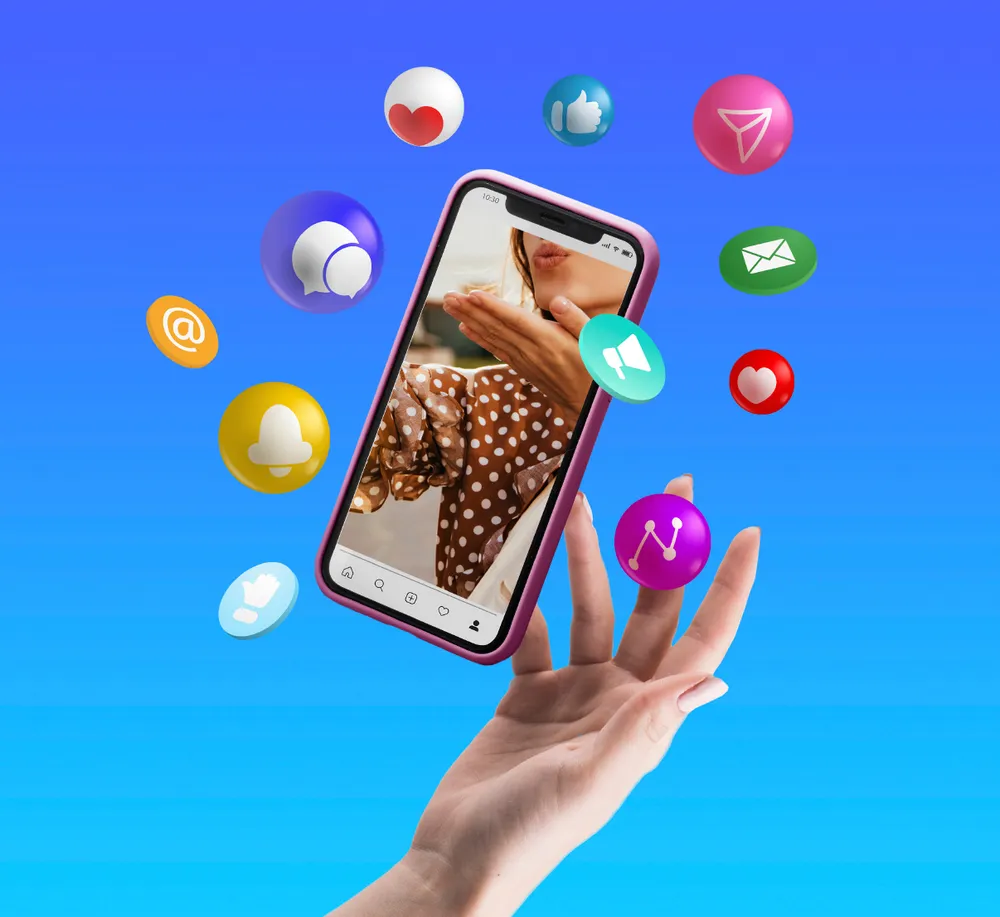
- We are living in a time of "information overload" - noisy, chaotic and difficult to verify. Therefore, every citizen, especially the young, needs to be educated and properly propagated about freedom of speech and civic responsibility online. Freedom does not mean being able to say whatever you want. True freedom must be within the framework of the constitution and the law. Speaking online must be disciplined and responsible, not arbitrary.
As the late General Secretary Nguyen Phu Trong once emphasized, one of the eight values of the Vietnamese people is “responsibility” – responsibility to oneself, to family, to society, to the country and to the future of the nation. Propaganda work, ideological and theoretical work need to strengthen the orientation of public opinion, using beauty to eliminate ugliness, using good to repel negativity. That is the important ideological defense line in the new era.
*To strengthen social trust and people's hearts in the current context, in your opinion, what solutions should we focus on?
- Our Party always attaches importance to building the people's hearts, which means turning the people's hearts into a solid wall to protect the regime. When people understand, believe in and accompany the Party, that is invincible strength. To protect social trust, we must start from the reality and satisfaction of the people and businesses, taking that as a measure of the effectiveness of the political system's operations. President Ho Chi Minh once advised: cadres must set an example for the people to follow. Our Party has also issued Regulation 144 on the responsibility of setting an example, from the leader to each cadre and party member. In the family, if grandparents and parents are exemplary, then children and grandchildren will be filial; in society, if cadres set an example, then people will believe. A living example is worth more than a hundred propaganda speeches.
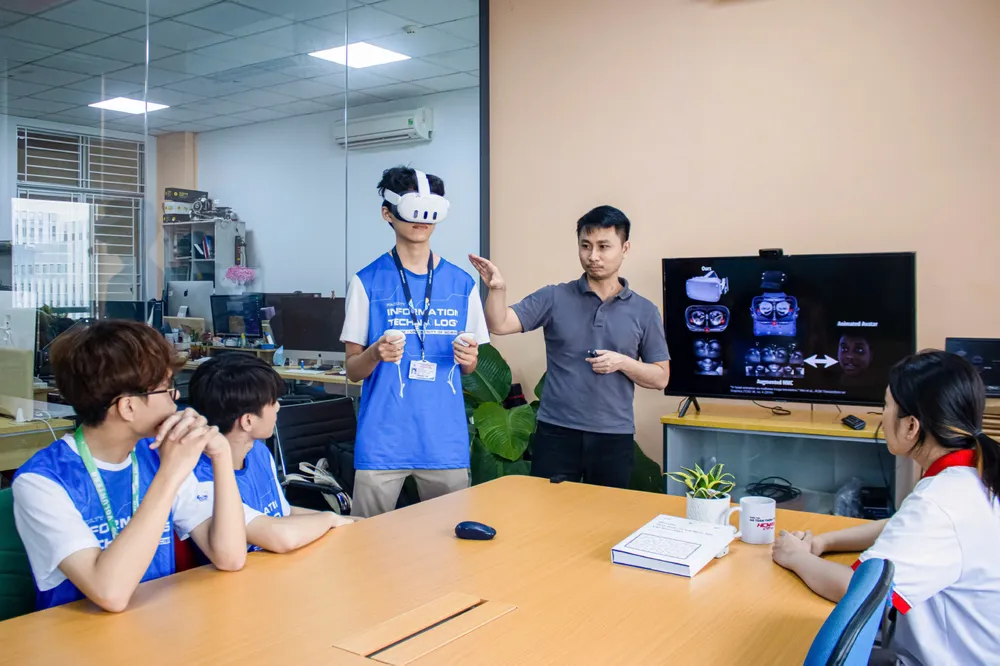
Therefore, to strengthen the "people's hearts" in the digital age, it is necessary to build a system of synchronous solutions: promote positive communication, honor good people and good deeds, promote the responsibility of setting an example for officials, and at the same time strengthen the education of citizens' awareness online. When people's hearts are strengthened and social trust is strong, all distorted arguments cannot shake the solidarity of our nation. "Celebrities" in the online world are only truly worthy of that title when they know how to use their reputation to serve the community, spread kindness and strengthen social trust. That is also the way for each individual, whether in real or virtual space, to contribute to building a solid "people's hearts" position, protecting the Party's ideological foundation and Vietnamese cultural values in the digital age.
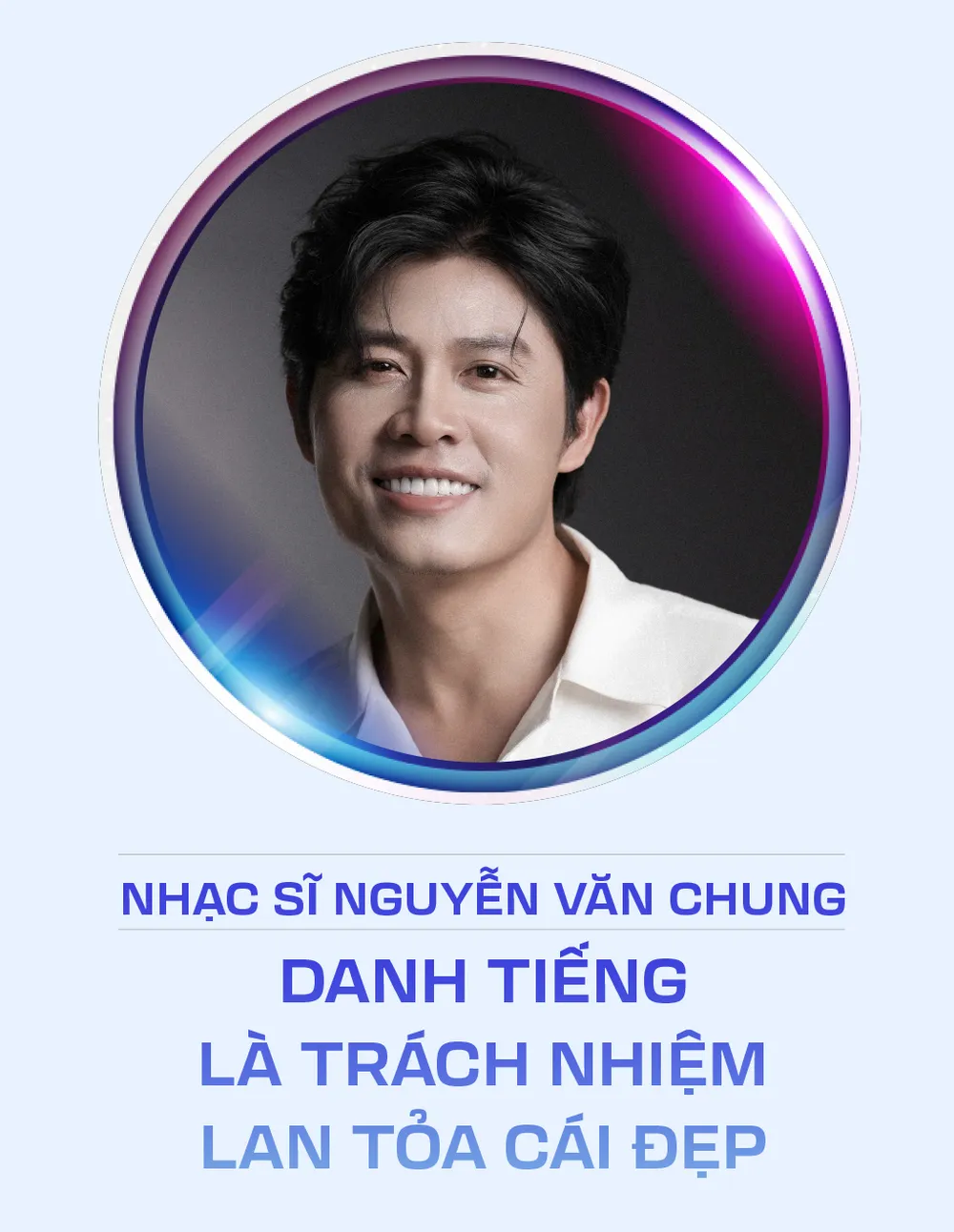
I always think that artists are essentially just doing a normal job like any other profession in society. The love and care of the audience gives artists some benefits, but that is a characteristic of the profession, not power. Artists are first and foremost citizens, and must obey the law and ethical standards like everyone else. The important thing is that rights always come with responsibilities. Artists are given the opportunity to create beauty, to honor beauty, and must also have the responsibility to spread beautiful things, from thoughts, words, to actions and lifestyles. Because every statement, every choice of an artist can influence others, especially young people, who are easily influenced by their idols. A correct perspective can lead young people towards good things; on the contrary, a distorted statement can distort perception and sow negativity.
I think that artists or celebrities should not be called “real power”, because that way of calling easily creates an illusion of power for both them and the audience. Young people who dream of being famous online should consider it a profession, with responsibility and dedication. If you work for a business, you must dedicate yourself to the business; if you do art, you must dedicate yourself to the public. The love of the audience is a reward, not a power to be abused, but a trust that needs to be maintained with a good attitude and responsibility to society.
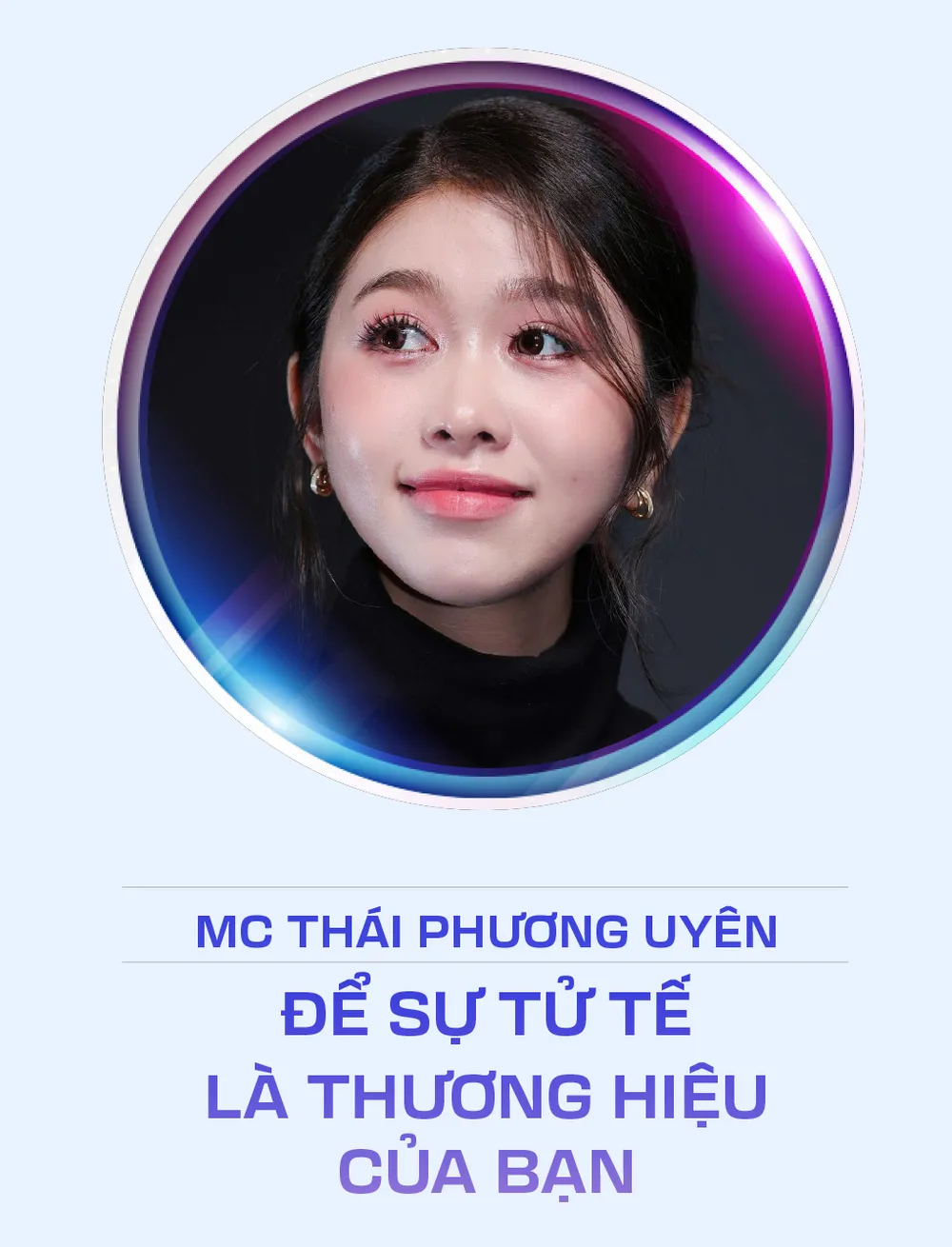
As a young MC, I clearly feel that social media is both an opportunity and a challenge. It gives us the right to speak, to express and to spread, but it also creates an “invisible race” for attention. There, anyone can become the center of attention overnight, but to maintain that position for a long time is another story.
The appeal of social media lies in the speed of transmission, while its pressure lies in the speed of judgment. A small mistake is enough to ruin all efforts. Therefore, I learned to see social media as a tool to share values, not a measure of self-worth. The line between expressing yourself and losing yourself, in my opinion, lies in the level of self-awareness and initial motivation. When you know who you are and what you believe in, you will not be easily swept away by temporary glamour. Expressing yourself is not wrong, everyone has the right to shine, but the true light must be lit from inner belief, not from the desire to be praised.
The recent cases of celebrities getting into trouble with the law are a valuable lesson: fame cannot replace morality, and talent cannot save an undisciplined personality. “Fame” sometimes comes faster than the ability to control oneself. Fame can open up opportunities, but only personality can keep those opportunities for a long time. True success does not lie in how much you are known, but in whether you can look back at yourself with peace. If I had a message for young people who dream of becoming KOLs, I would say: “Build influence from real values, not from the illusion of fame”. The true power of young people is not the ability to make others admire, but the ability to make them change for the better.
In an age where anything can be “liked” with just a tap, authenticity is more valuable than ever. Let kindness be your trademark, because at the end of the day, people won’t remember how many followers you have, but how you used your voice to make the world a little better.
Source: https://www.sggp.org.vn/ao-vong-quyen-luc-trong-the-gioi-mang-bai-4-giu-niem-tin-giua-the-gioi-ao-post820971.html



![[Photo] Panorama of the Patriotic Emulation Congress of Nhan Dan Newspaper for the period 2025-2030](https://vphoto.vietnam.vn/thumb/1200x675/vietnam/resource/IMAGE/2025/11/04/1762252775462_ndo_br_dhthiduayeuncbaond-6125-jpg.webp)

![[Photo] Opening of the 14th Conference of the 13th Party Central Committee](https://vphoto.vietnam.vn/thumb/1200x675/vietnam/resource/IMAGE/2025/11/05/1762310995216_a5-bnd-5742-5255-jpg.webp)





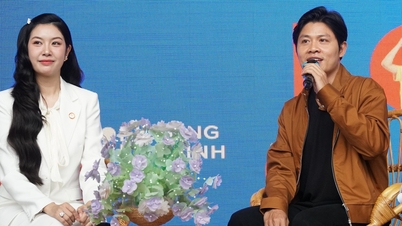


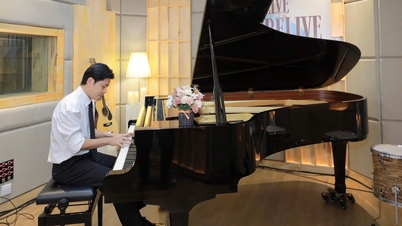

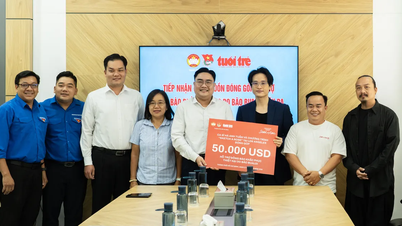
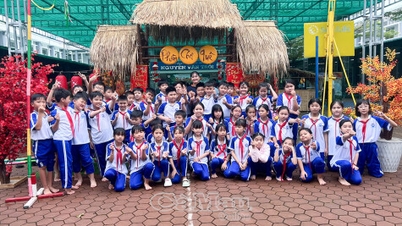

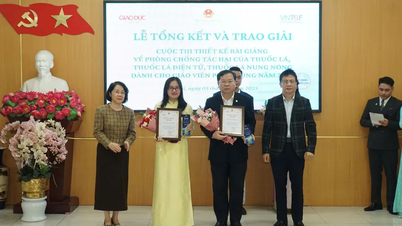


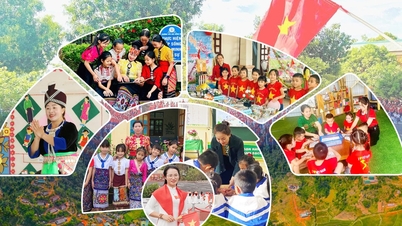







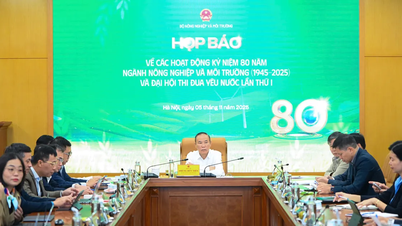
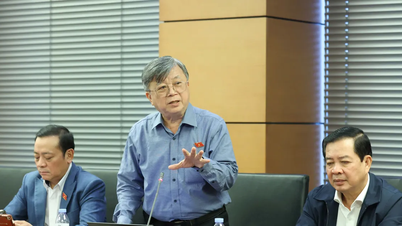

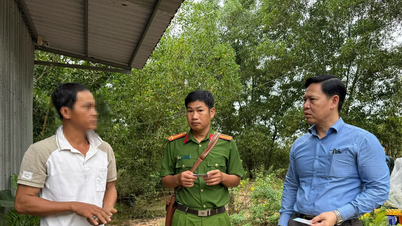

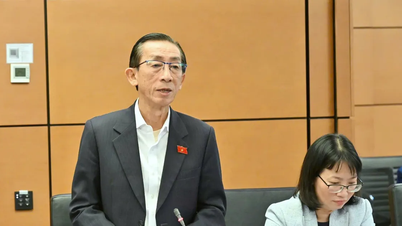




















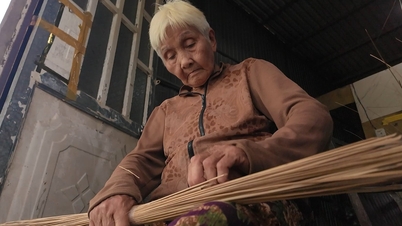

















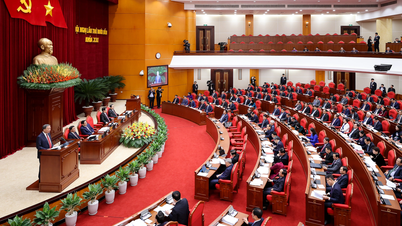
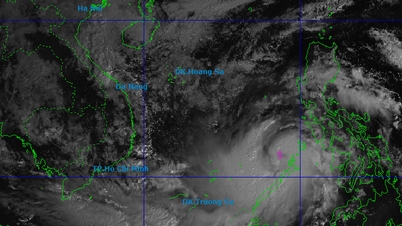


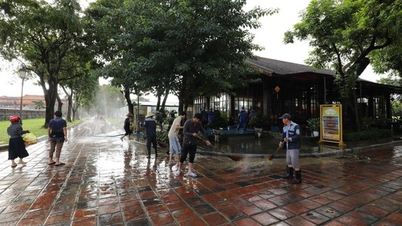

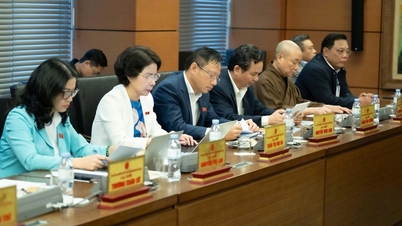
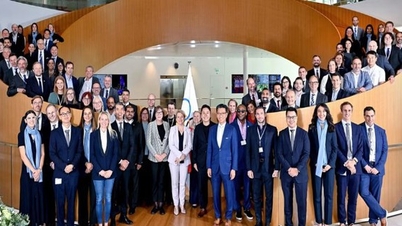

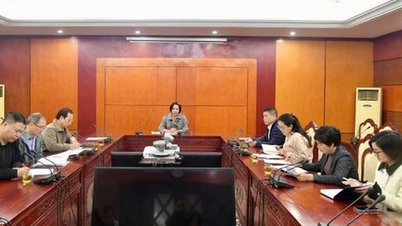
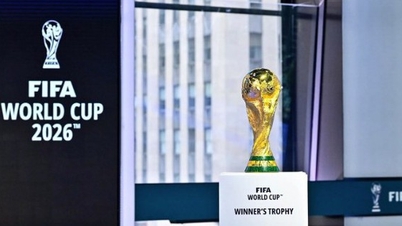
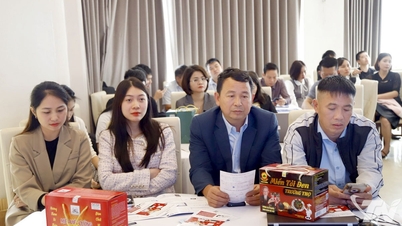














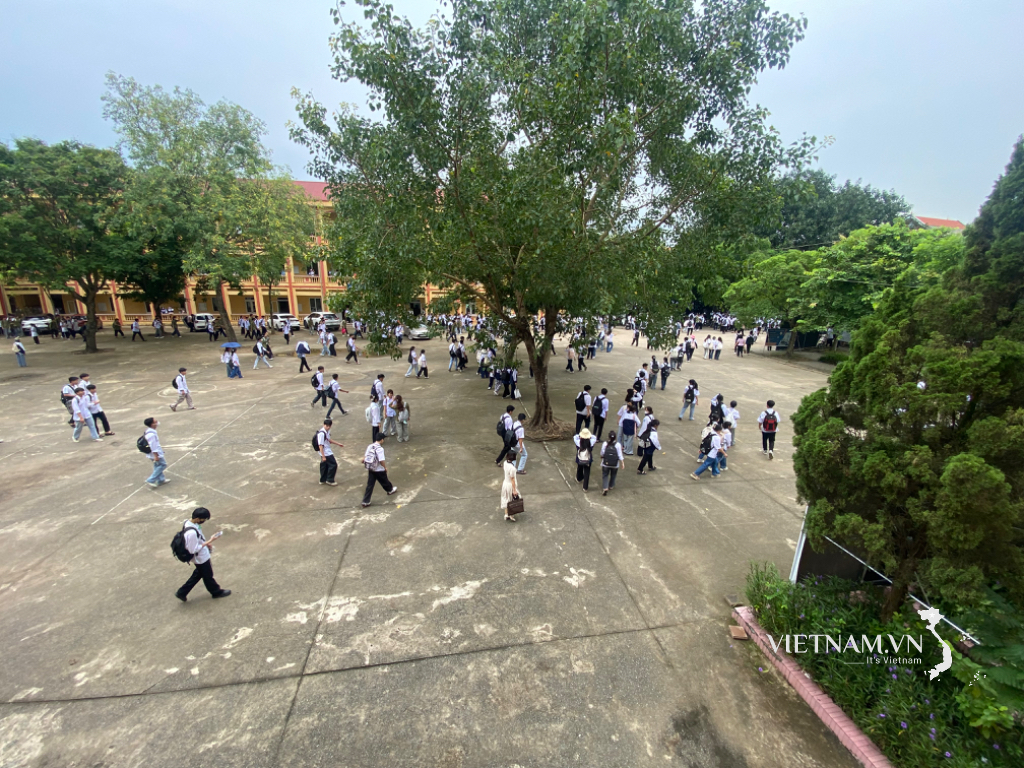



Comment (0)